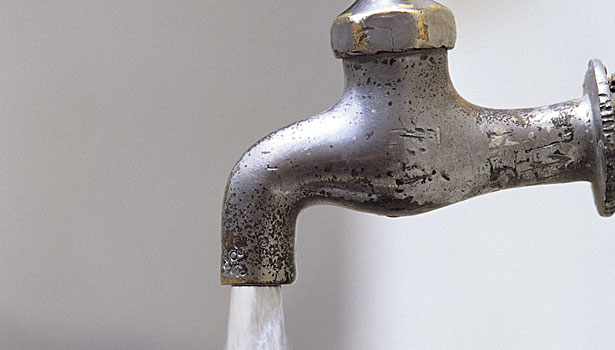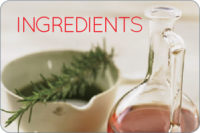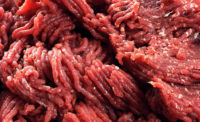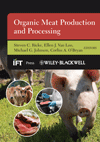Alkaline phosphates are important ingredients for improving the water-holding capacity (WHC) of meat products. They function by increasing the pH of the meat, which increases WHC and protein solubility, which are both good for maximizing cooking yields and bind strength of cooked meat products.
Phosphates also increase ionic strength, which increase WHC by direct binding of water to the phosphates. Phosphates are the only ingredient, other than salt, to alter meat proteins to improve WHC and protein extraction.
Phosphates will also bind to cations, such as calcium, magnesium, iron, etc., that are found in water supplies — however, when this happens the phosphates are likely to form a precipitate with the cations, leaving the phosphates unavailable for improving the WHC of injected meat products.
Depending upon the phosphate used and the type of cation in a water supply, these precipitates can be seen as a soft sludge or a hard clear precipitate on the bottom of mixing tanks. Some researchers have shown that when calcium levels are high, that the addition of phosphates can actually reduce the cooking yields of injected products. The appearance of small crystals during slicing (see photo) has been thought to be due to phosphates not being adequately dissolved in solutions before injecting, however, these crystals may also be due to precipitation of phosphates dissolved in hard water.
The cation-binding ability of alkaline phosphates does offer an antioxidant advantage. When using hard water, phosphates protect cooked meats from “warmed-over” flavors, and stabilize cured color from fading.
However, the reduction in WHC that hard water can cause suggests that deionized or softened water should be used when dissolving phosphates in water for injection into meat products. If softened or deionized water are not available, the type of water available may dictate the type of phosphate that should be added to the meat.
The quality of the water used will affect the ability of phosphates to improve the water-holding capacity of meat products. Recent research by Jing Zhao and Youling Xiong, at the University of Kentucky, showed that in hard water (greater than 500 ppm calcium), the highest muscle protein WHC resulted from the addition of sodium tripolyphosphate to the meat. Tetrasodium pyrophosphate resulted in the highest WHC of muscle proteins in soft water (0 ppm calcium).
They also reported that sodium hexametaphosphate resulted in the highest WHC in moderately hard water (250-500 ppm calcium), however, this result surprises me, as I have not found hexametaphosphate to have much impact on WHC of meat.
These researchers also evaluated the effect of water hardness on cured meat color, and they found that water hardness (due to calcium content) did not significantly affect cured color.
Whereas not everyone in the U.S. deals with hard water supplies, most regions have hard water problems, and the hard water is not always due to calcium. Iron and magnesium are also causes of water hardness. Different phosphates respond differently to the different types of cations that are causing hardness in water supplies.
In research done by Monsanto, iron was chelated best by tetrasodium pyrophosphate. Calcium and magnesium were chelated best by sodium hexametaphosphate, which is why sodium hexametaphosphate is typically combined with tripolyphosphate for adding to curing solutions.
In conclusion, phosphates can have a huge impact on the ability of meat to hold water, however, if the water being injected into the meat is hard, or contains high levels of calcium, iron or magnesium, the ability of phosphates to increase WHC is compromised.
To maximize the functionality of the phosphates used, hard water should be softened, or treated to remove the cations. If softening or some means of treating hard water is not feasible, select the phosphates that are used based upon the cause of the water hardness.








